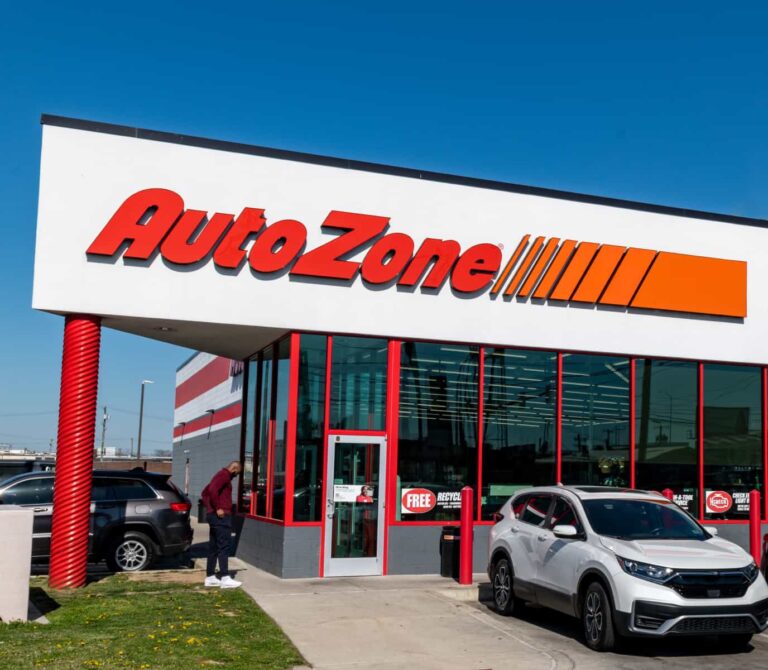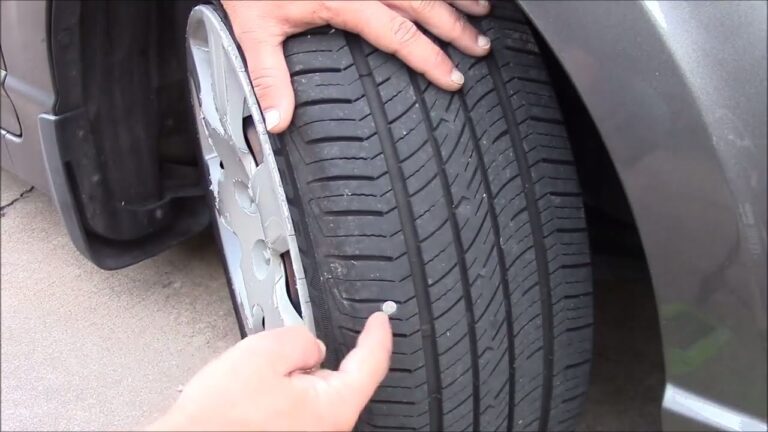Will My Car Start with a Bad Alternator?

A car’s alternator is an essential component that keeps your vehicle’s electrical system running by charging the battery while the engine is running. If your alternator is failing or has completely failed, you may experience a variety of symptoms, including trouble starting your car. The question is, will your car start with a bad alternator? The answer depends on the severity of the alternator issue and the condition of your battery.
How Does the Alternator Work?
The alternator plays a critical role in keeping your car running. Here’s how it works:
- Charging the Battery: The alternator generates electricity to recharge the battery while the engine is running, ensuring that your car has enough power for electrical systems such as lights, radio, and the engine control unit.
- Powering Electrical Systems: While the car is running, the alternator also supplies power to the car’s electrical systems, so the battery isn’t drained.
Without a working alternator, your car’s battery will gradually lose power, which can prevent the car from starting or cause it to stall while driving.
Can a Bad Alternator Cause Your Car Not to Start?
The short answer is yes, a bad alternator can cause your car not to start, but only under certain conditions.
1. Your Battery Dies from Lack of Charging
If the alternator is failing, it can no longer keep the battery charged. A battery that isn’t being charged properly will gradually lose power, and eventually, it may not have enough power to start the car. This situation may occur over a period of time, so you might experience warning signs such as dimming headlights or electrical accessories malfunctioning before the battery completely dies.
- Symptoms of Battery Drain:
- Dimming headlights
- Electrical systems like the radio or power windows malfunctioning
- Car struggling to start or turning over slowly
- Warning lights (especially battery light) on the dashboard
2. The Car Might Start, But Stall Soon After
If the alternator is bad but the battery still has a charge, your car might start, but it won’t stay running for long. Once the battery runs out of power, the car will stall, and you won’t be able to restart it. This is because the alternator isn’t generating power to keep the battery charged or the car’s electrical systems working.
- Why Does This Happen?
- The battery is essential to starting the car, but once it starts running, the alternator is supposed to keep it charged and power the car’s systems. Without a functional alternator, the battery depletes quickly.
3. In Some Cases, Your Car Might Start But With Limited Functionality
In the early stages of alternator failure, your car might still start, but certain systems may not work properly. This could include the air conditioning, radio, or headlights. Eventually, as the battery drains, these systems will stop working altogether, and the car will stall.
How to Tell if Your Alternator Is Bad
If you suspect your alternator is failing, it’s important to identify the symptoms early to avoid getting stuck in a situation where your car won’t start at all. Here are some common signs of a bad alternator:
1. Dimming or Flickering Lights
If your headlights or interior lights dim or flicker, it could be a sign that your alternator is not providing enough power to keep the electrical systems running properly.
2. Battery Warning Light
A battery warning light on the dashboard is a clear sign that there’s an issue with your alternator or charging system. If the light stays on while you’re driving, it’s time to have your alternator tested.
3. Strange Noises
A failing alternator can make a variety of sounds, including a grinding or whining noise. This can be caused by worn bearings inside the alternator.
4. Difficulty Starting the Car
If the alternator isn’t charging the battery, you might notice difficulty starting the car. If the battery is weak due to a failing alternator, it won’t have enough power to start the engine.
5. Electrical Issues
If your car’s electrical systems, such as the radio, power windows, or air conditioning, start malfunctioning, it’s possible that the alternator is not keeping up with the demand for electricity.
What to Do if Your Alternator Is Bad
If you suspect that your alternator is failing or has failed, it’s important to get it checked and replaced as soon as possible. Here are your options:
1. Get Your Car Tested
Have your alternator and battery tested by a professional mechanic. Many auto parts stores offer free battery and alternator testing. This will help you determine if the alternator is indeed the problem.
2. Replace the Alternator
If your alternator is found to be faulty, replacing it is the only solution. Alternators typically last around 80,000 to 150,000 miles, but they can fail earlier due to wear or electrical issues.
3. Replace the Battery (If Necessary)
If your battery has been drained completely due to a bad alternator, you may need to replace the battery. A weak or dead battery can cause starting issues even if the alternator is replaced.
Can You Drive with a Bad Alternator?
Driving with a bad alternator is not recommended. While your car may start and run for a short time, it won’t last long without the alternator charging the battery. Driving without a functioning alternator will quickly drain your battery and lead to the car stalling.
It’s best to replace the alternator as soon as you notice symptoms. Continuing to drive with a bad alternator could leave you stranded and cause further damage to the car’s electrical system.
Conclusion
To answer the question, will my car start with a bad alternator? – it’s possible, but it’s not guaranteed. If the alternator is only slightly damaged, your car may start, but it could stall shortly after, leaving you stuck. A fully failed alternator will prevent your car from starting at all. It’s important to address any symptoms of a bad alternator quickly to avoid further issues. If your alternator is failing, have it replaced to ensure your car stays running smoothly.
Frequently Asked Questions (FAQs)
1. Can a bad alternator make my car stall while driving?
- Yes, a failing alternator can cause the battery to lose charge, which may result in your car stalling while driving.
2. How do I know if it’s the alternator or the battery?
- A bad alternator will cause the battery to drain. A battery that’s not charging properly is often a sign of a bad alternator.
3. Can a car start with a dead alternator?
- It’s possible for your car to start with a bad alternator, but it will likely stall soon after because the alternator isn’t supplying power to the battery.
4. How long can I drive with a bad alternator?
- Driving with a bad alternator isn’t recommended. Once the battery runs out of power, your car will stall, and you may be left stranded.
5. Can a bad alternator cause electrical issues in my car?
- Yes, a bad alternator can cause electrical systems like headlights, the radio, and power windows to malfunction.





